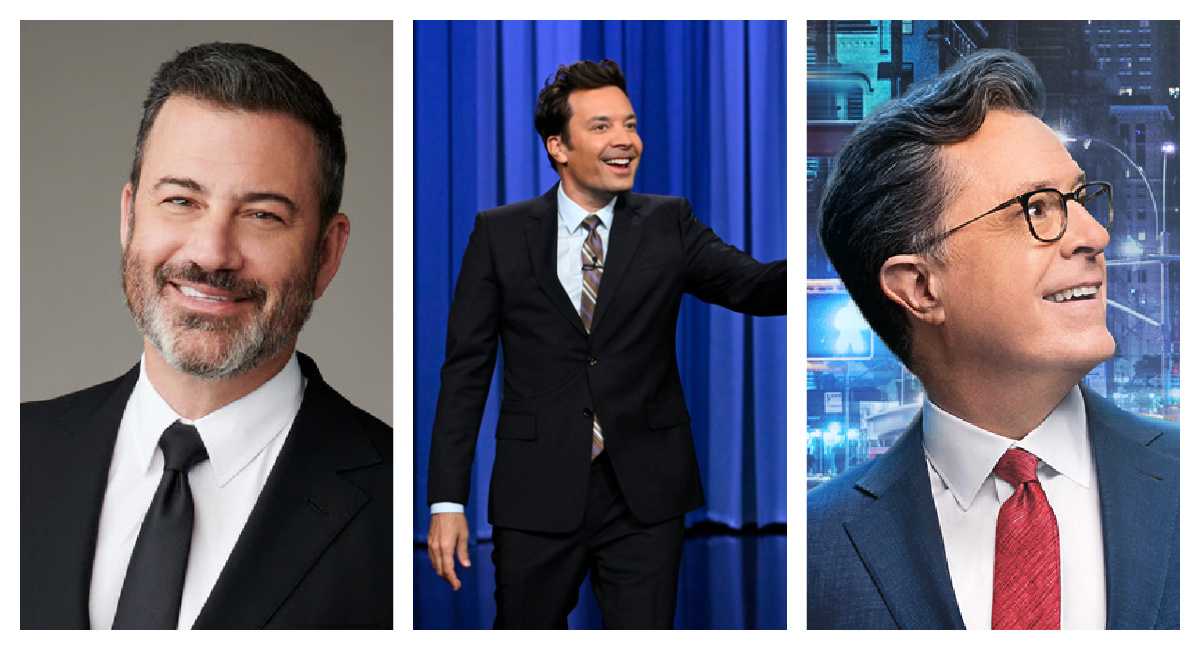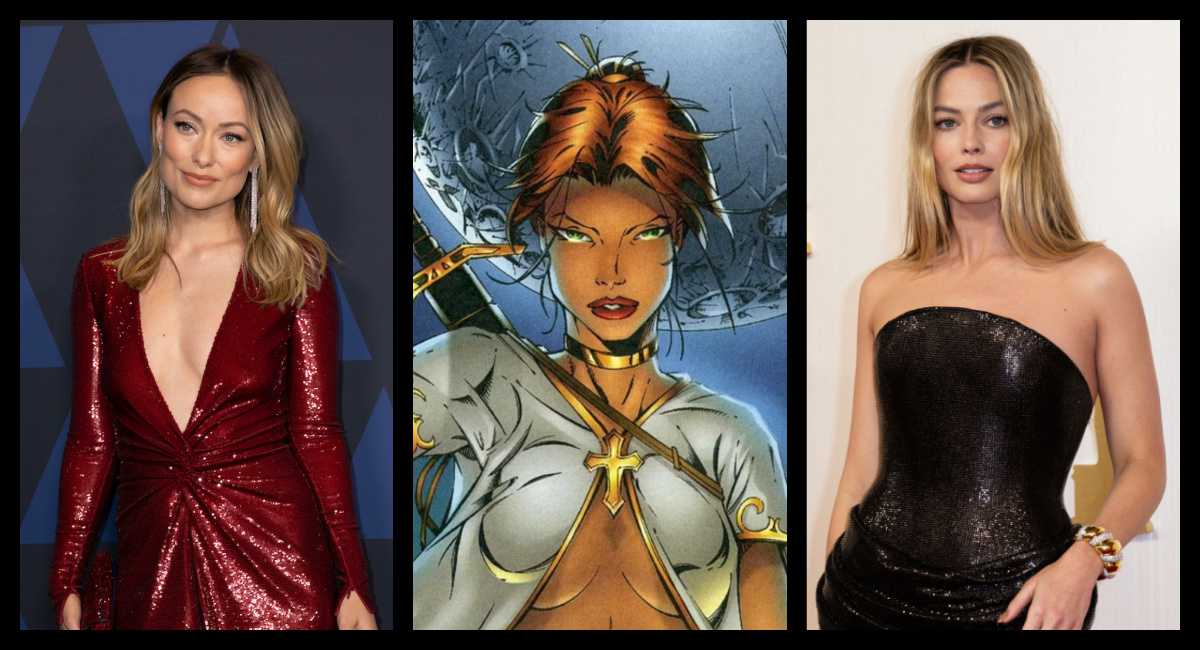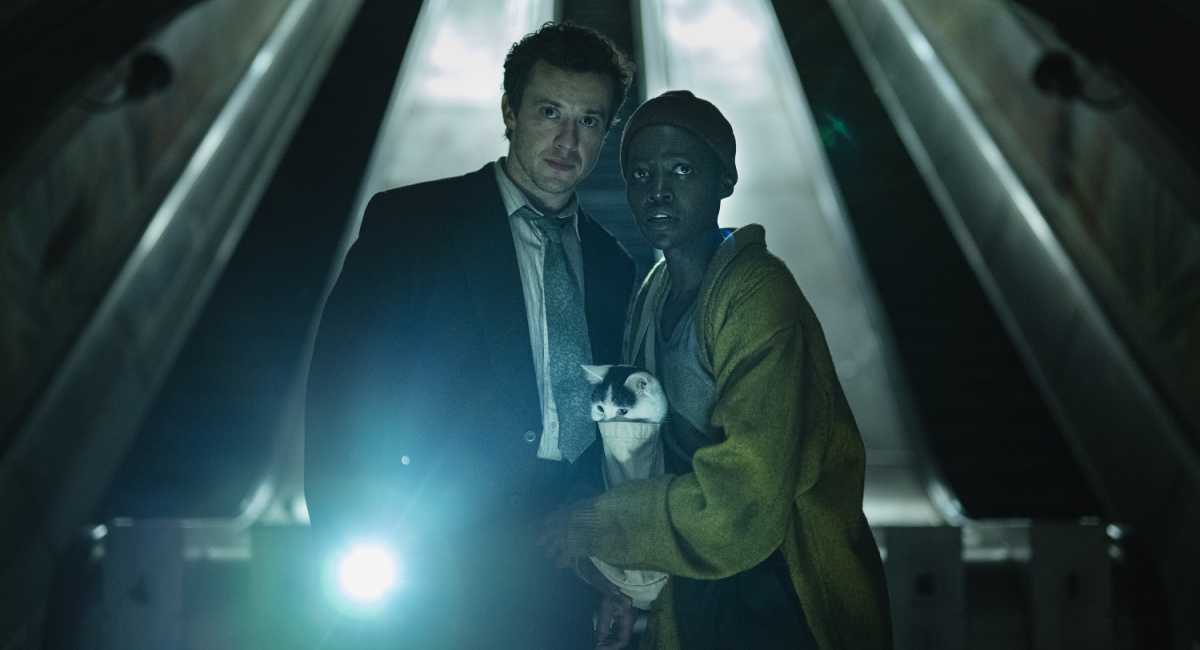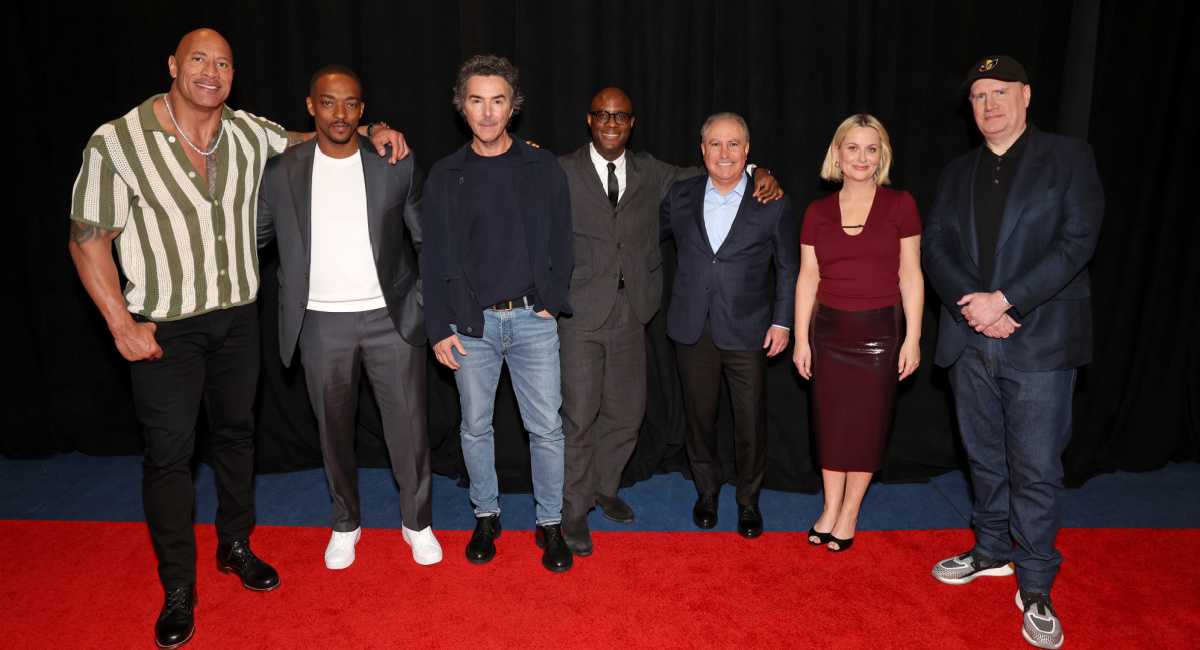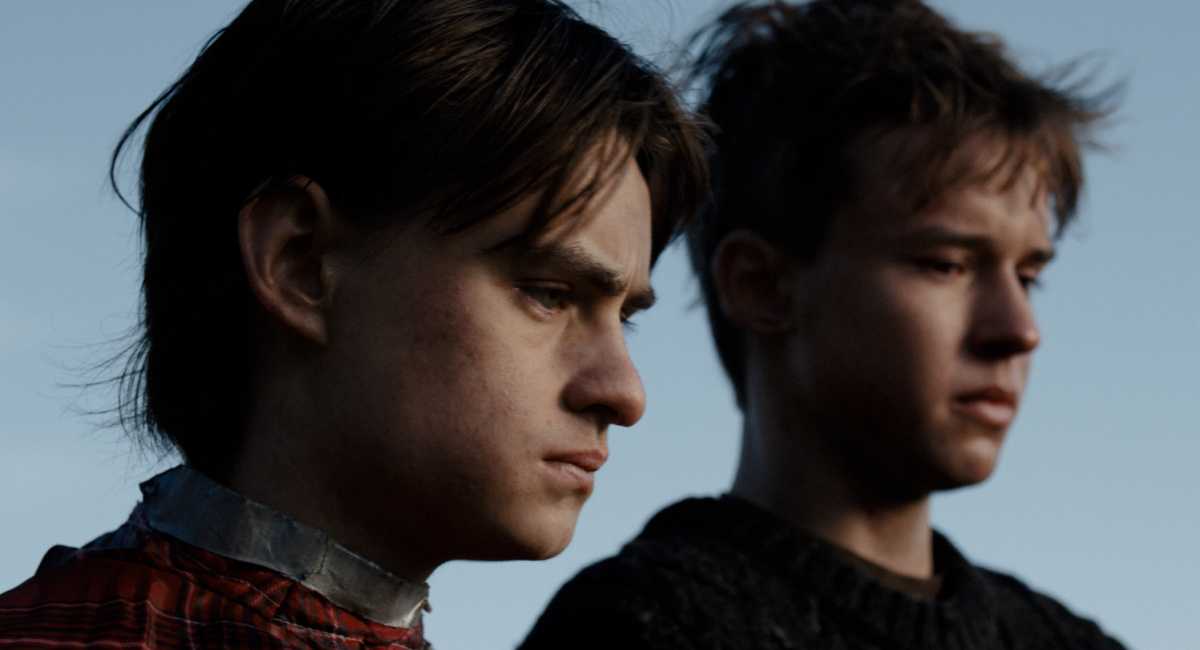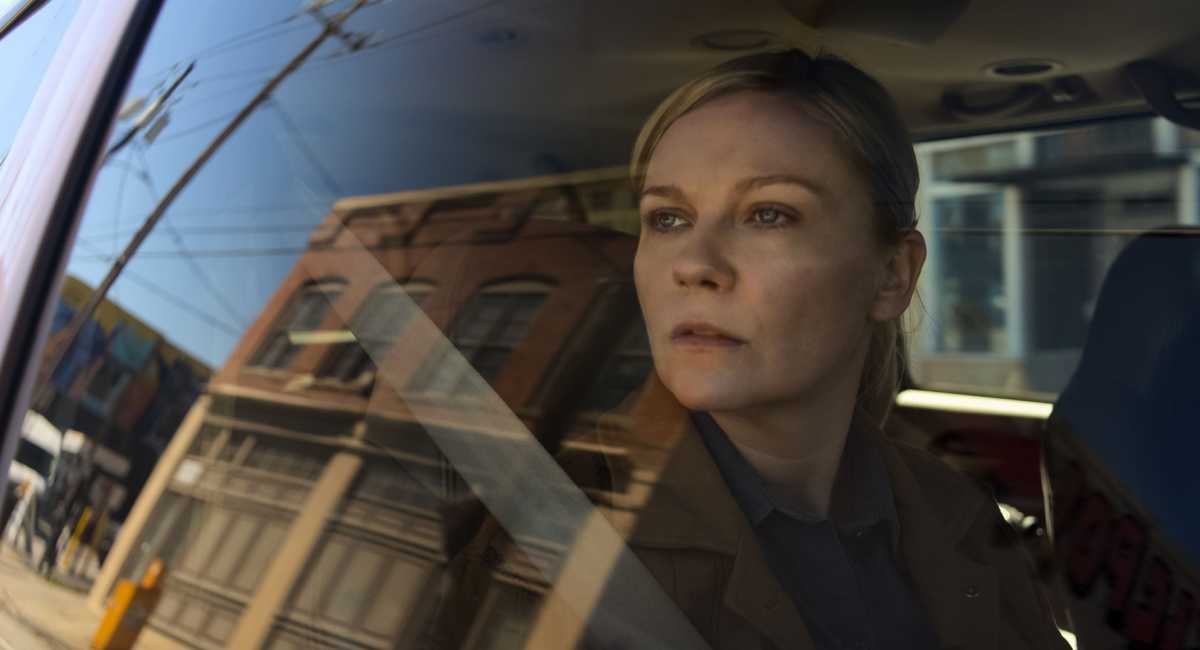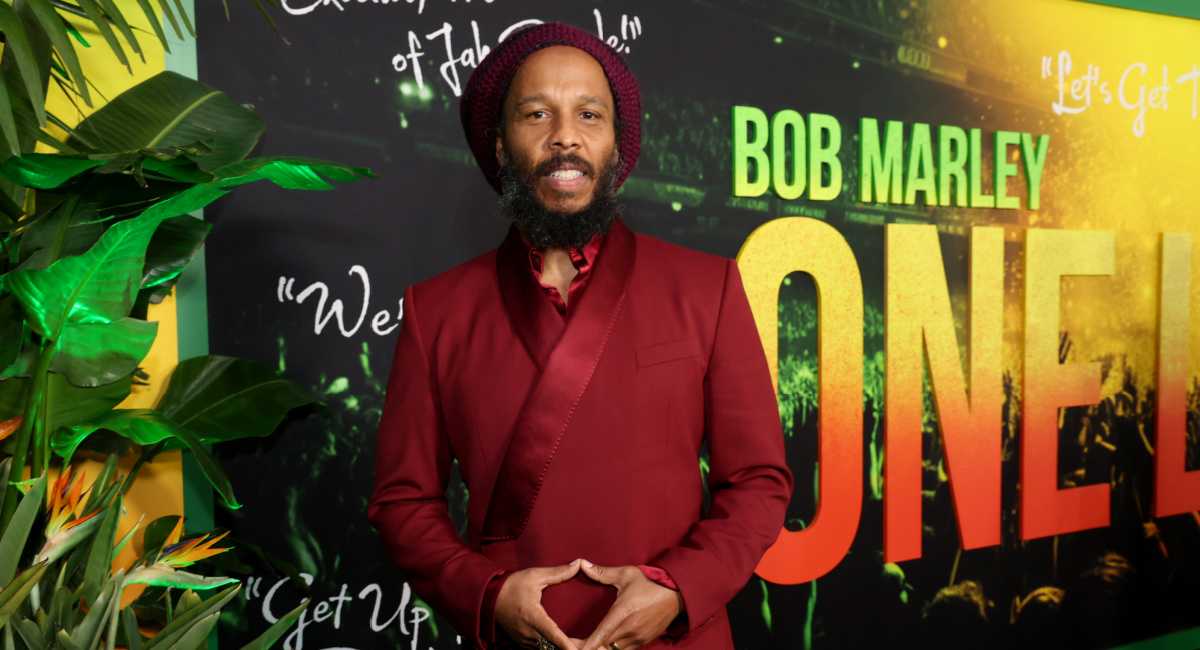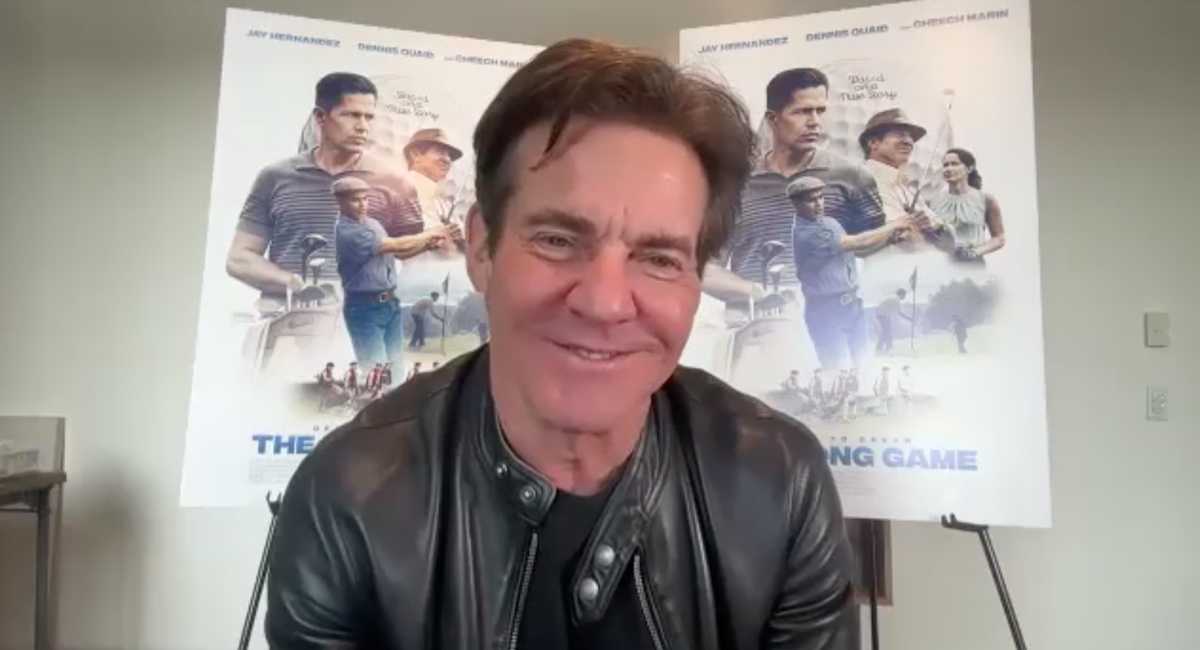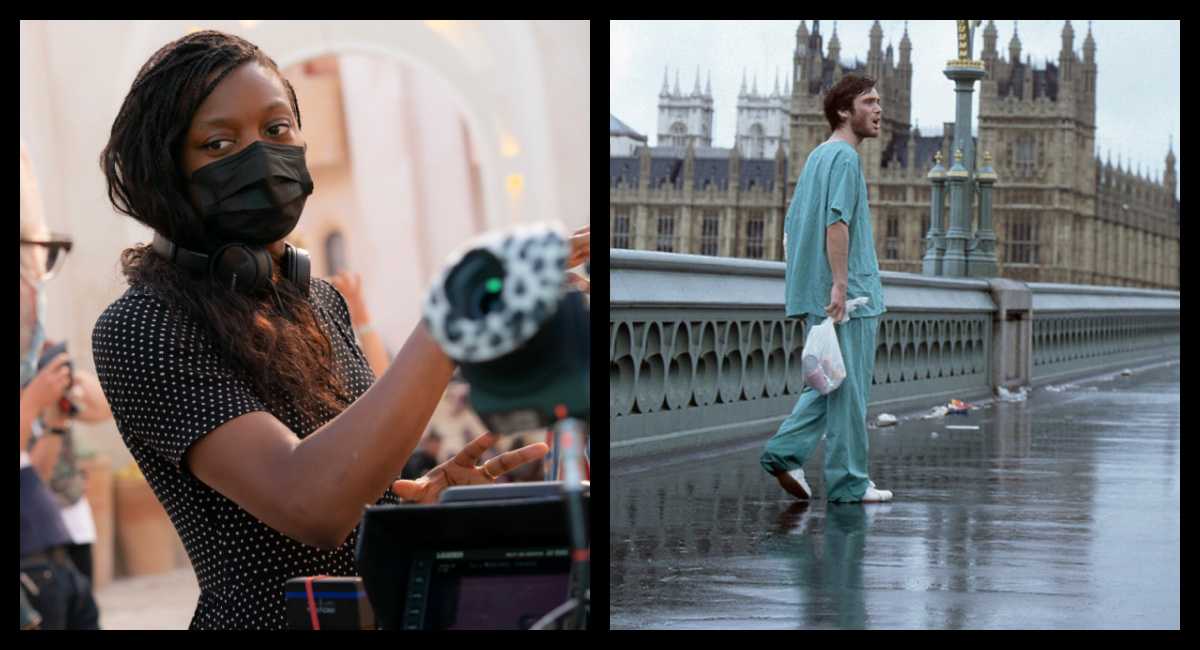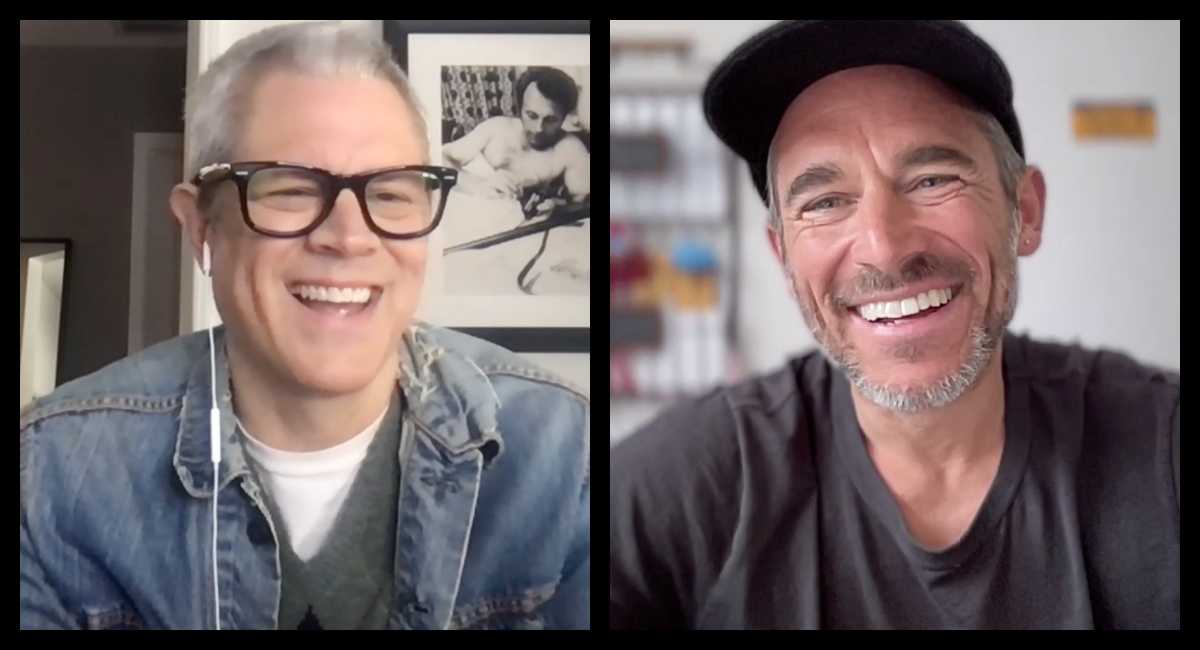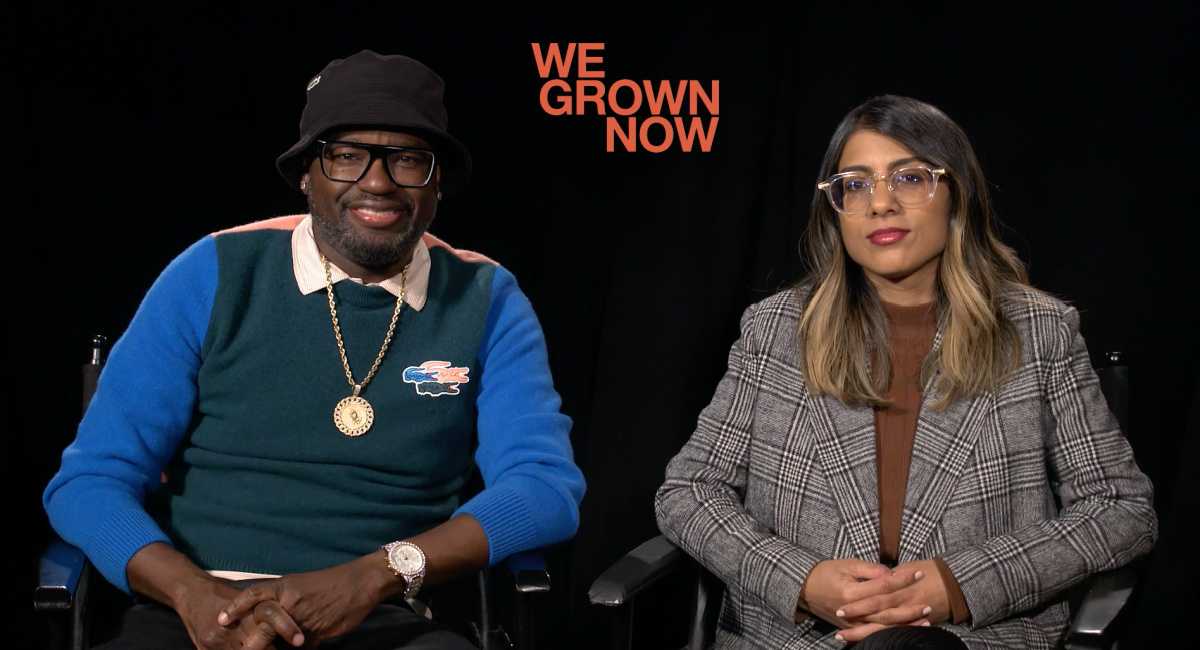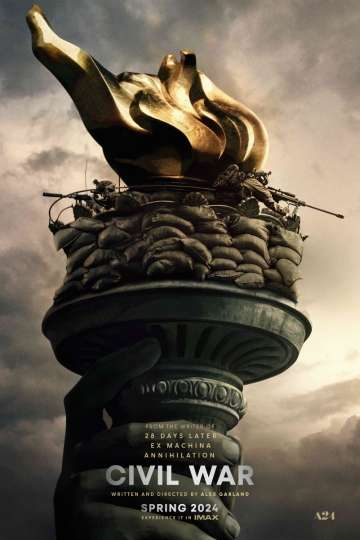Stephen Colbert Can't Wait For You to See the Real Him on 'The Late Show'
After years of wondering just who, exactly, might lurk behind the façade of that extreme-right-wing dolt at the center of "Stephen Colbert. And as he gears up to talk over as host of CBS's "The Late Show," Colbert's hoping you like laughing with the genuine him even more than his previous comedy persona.
"If you're wondering who the real Stephen Colbert is, there's a supercut online of me laughing, me breaking character the entire time," says the host. "That's me. I'm laughing at our jokes. What I do with the show is -- we do the show for each other all day, and it's my job and my privilege and my responsibility to translate to you, the audience at home, what we already did for each other. That guy who can't stop laughing, that's the real Stephen Colbert. I can't wait for him to be the only guy you see."
Other than announcing that the guests on his inaugural show on Sept. 8 will be George Clooney and Kendrick Lamar, Colbert's keeping his cards close to the vest as far as the nature of the overall format.
"I don't want to give away what the first show is going to be," he says, "but I think the order that the guests appear and the comedy appears is something that we will discover as we go along. As I said, it's hard to know what you are going to do until you do it. I've done 1,500 of these show before but never an hour long, and I'll have to feel that as we go."
"I love the interviews, I love desk pieces," he says of the enduring staples of the late night talk tradition. "We did all of that stuff in the old show, and we'll continue to do it. It's just a matter of finding the time to do it and finding the right joke. Johnny Carson said to Jay Leno, who said to Conan O'Brien, who said to me: 'You will use everything you know how to do, because the beast must be fed.'"
On the subject of the particular late night titan that preceded him, Colbert reveals that after he was announced as the successor to "The Late Show," he got to share a private meeting with David Letterman prior to the veteran host's final show.
"About ten days before Dave went off the air, I asked if I could come hang out with him just to spend a little time with him up at his office, and he was really gracious," he says. "I asked him questions for about half-an-hour, and at one point I said, 'Do you mind me asking you these questions?' And he said, 'I don't mind at all. No one's ever asked me these questions.' And I said, 'Really? No one's ever asked you these questions?' And he goes, 'Who would know to ask, and who would care what the answer was?' And that felt great. That was a very gracious way for him to say 'Only the person sitting behind that chair cares about the conversation we're having right now.'
After his presentation at the Television Critics Association's press tour, Colbert gathered with a small throng of reporters to reveal a bit more about his late night plans.
After dropping your conservative pundit persona, how easy was it to find the "you" that you wanted to be for TV consumption?
Stephen Colbert: The "you" that I am, whoever the hell that is, he's been there the whole time. I've been wearing that mask lighter and lighter as the years go on. But when I interviewed the first person -– we did interviews on the road- – the first time I did it, that character sat on my shoulder and said, "Shut up. Let me do this one. I know what to say next." And I eventually got him to quiet down.
Did David Letterman leave anything in the office or the theater for you?
Dave did something better than that. Dave used to get down to the theater in an old brass-handled, manual freight elevator which he asked them not to change, my understanding is, back in '93, when they renovated the theater. And I said the same, "Please don't change that." So after we talked for an hour and a half, and he was very gracious with his time. I said, "Just one last thing: would you show me how to run the elevator?" And he said, '"Oh, it's the best thing in the building!" And he showed me how to run it, then he showed me how to open the door, so the elevator would be right there. And then he said, "There. Now, it's waiting for you."
And that felt like a guide teaching you how to use the tool before he leaves. It was really lovely. He couldn't have been more gracious. So he left me with the keys, you might say.
Do you think you might get him to come on the show one day?
Oh, I think that would be a lot of fun. It would be an honor. It would be a real honor.
You've spoken about how much you were enjoying interviews and how much that was your favorite part of the prior show.
Yeah, it became my favorite part. I thought it was going to be the jokes, but it became the interviews.
What's your favorite tactic to dive in?
Well, I have a point of view about them. I want a point of view about what the project is or what their position is, if it's political or what the idea of their book is, or whatever it is. But I'm honestly interested in them. And I find as much as I'm a satirist, I'm not ironically detached from anything I talk about or anybody I talk to. The nice thing about having done it as a character is that I learned as a performer at all times to be passionately attached to what you're talking about, because then the conversation has legs. You're not pretending. I don't fake my orgasms.
You have a separate team working on social media?
I do. They're very integrated in with the rest of my writers and my producers. My head writer and my sort of digital producer are the liaisons between those, the staff digital writers. And a lot of the stuff you're seeing is being produced by the digital team, and some of it is being fed by the writers. But it's a seamless connection, because I don't want to produce viral videos. I just want to create things that, if people like them...
The thing that we did in Monroe [Michigan, at a public access channel], the agreement that Marshall [Mathers aka Eminem] and I had was, we don't want to tell anybody we did it. We didn't want to partner with Google or push it on Facebook. We actually made everybody at the station sign a non-disclosure, so no one would know we did it. We did it. We put it up on Michigan Public Access Television, and we just thought, if it's good, people will share it. If it's interesting, they'll share it. And it took 12 hours for it to hit, because it was midnight the night before. And I'm very gratified. By that night, it was 4 million views on YouTube – I'm not sure what the CBS stream is. And I think viral is fun if it's worth it, but we're not going to produce viral videos. I'm going to do a show, and hopefully, people will share it.
Will you have a traditional monologue?
I don't think anything I've done on my last show or any show is necessarily traditional, other than sort of what the pieces are. We'll try to put them together in a new way.
Are you doing the monologue standing up or at the desk?
I'm going to do it every way. Listen, you've got 202 a year. We're going to find what's right for me. I don't feel like I have to come out of the gate knowing everything. I'd like to have enough humility to find it as I go.
How has your family prepared for this long marathon journey you're about to embark on?
Well, they know who I am. You should have them answer these questions. What's nice is that my kids are old enough now that I can let them watch the show. I couldn't let them watch -– or I didn't want to let them watch -– the last thing. But now, they watch "Game of Thrones," so how can I scandalize them?


